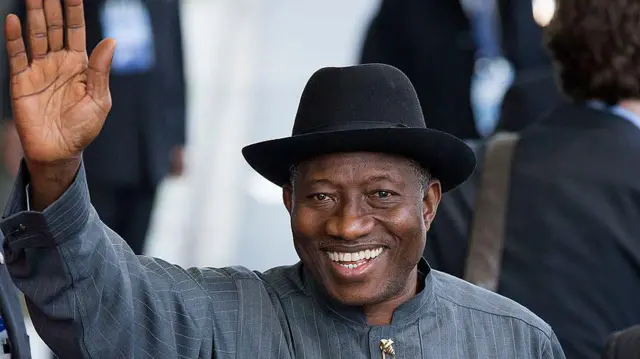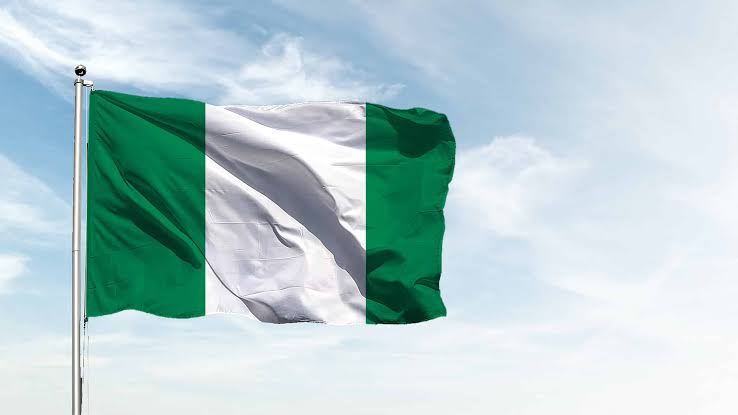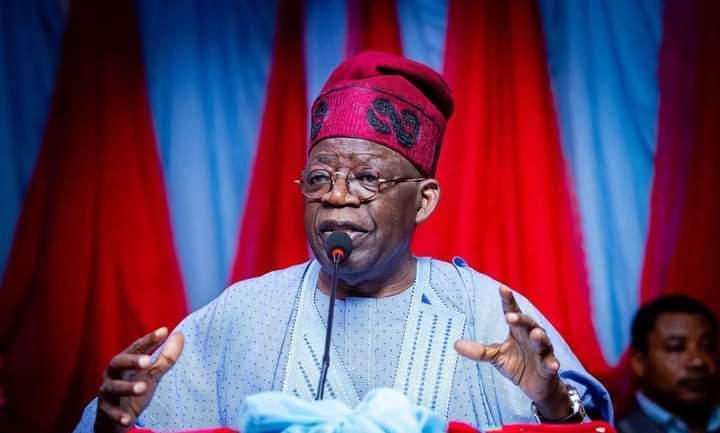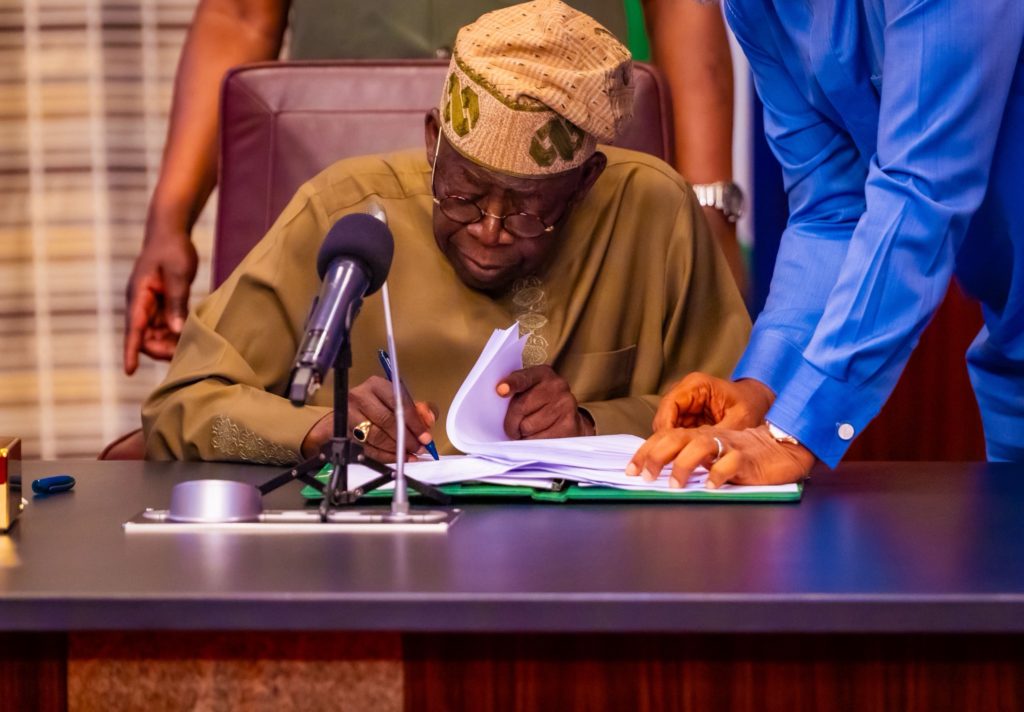by Uche Okorie
My prescription is simple-the declared emergency should also take into account the management of Ebola induced reputational risk.
Why on earth would any sane able-bodied person living in an apartment block, prefer to stay tucked in bed, after hearing the fire alarm sound and seeing that his neighbours flats are on fire? What kind of suicidal self- loathing would drive someone to such fatal lethargy? Yet that is exactly what Nigeria as a nation did in the case of Ebola. Could it not be conceived that the virus would ostensibly spread in the light of the varied medium of modern transportation as to warrant proactive preventive measures?
Nigeria often defeats me. We do have a National Centre for Disease Control. What exactly does that public health agency do? Which proactive alarms were raised when the current Ebola pandemic broke out in neighbouring African countries? Do we not have policy wonks in Nigeria? Which reasonable integrative inter agencies and parastatals measures were articulated prior to Ebola’s berth on our shores? Sincerely I am perplexed. Are our national institutions mere groundnut chaffs or grandiose cosmetic appendages?
One of the banes of leadership in Nigeria is this pesky habit of focusing on the ‘now’ almost exclusively. At all levels of governance and across party lines, proactive government policies is alien to our climes. Our default settings is reactionary. We often retort that we will cross the bridge when we get there. What if the bridge is submerged when we get there? Well tough luck!
Ebola (like most infectious diseases with public health implications) presents a diverse mix of economic, social, political, psychological and in the case of Nigeria spiritual challenges. As infectious diseases spreads, it’s debilitating effects ravages the norms of society and many dreams become still-birthed. This to a lesser degree was the case with the HIV/AIDS and SARS (Bird Flu) pandemic. But whereas HIV had a global spread from inception and SARS affected certain Asian powerhouses, Ebola is mainly confined to West Africa, a region collectively accounting for the largest swathe of the black race, arguably adding the risk of delayed global consensus action.
While it is commendable that the Nigerian government has declared a national emergency to contain the spread of the disease and contribute to the international efforts to find a cure, I must say that the emergency lacks a crucial component. Since our government is reactionary by default, I have a reactionary advice to add to the slew of panic buttons being pushed at Aso Rock as regards to the Ebola outbreak in Nigeria. My prescription is simple-the declared emergency should also take into account the management of Ebola induced reputational risk.
What is Reputational Risk and why is it important to manage it? I unabashedly borrowed that phrase. In Finance circles, “reputational risk often called reputation risk, is a risk of loss resulting from damages to a firm’s reputation, in lost revenue; increased operating, capital or regulatory costs; or destruction of shareholder value, consequent to an adverse or potentially criminal event even if the company is not found guilty.”[1] (Emphasis mine)
For our purposes and to understand the sense in which I use it, reputational risk is the risk of socio-political and economic loss resulting from damages to Nigeria’s reputation, in lost opportunities; increased living, business or international costs; or destruction (or erosion) of the Nigerian brand name and value, consequent to an adverse or unfortunate event (Ebola) even when such event is no fault of Nigerians”
Such reputational risks is exemplified by the potential denial of legitimate visa applications for Nigerian businessmen, students and other Nigerian visa applicants by countries wary of the Ebola threat thereby resulting in lost opportunities. It can also manifest in the corrosion of the Nigerian brand and the diminishing of the esteem with which a Nigerian is held in the global space. In extreme cases it may manifest in not just a loathing or derision of the average Nigerian’s place in the scheme of things but also in the devaluation of the Nigerian spirit, the suppression of its gaiety, the bruising of its ego and the acquisition of an incapacitating inferiority complex.
While people in government can selfishly afford to make themselves immune to the albatross the Nigerian identity is fast becoming, it is not so for ordinary patriotic Nigerians. Many Nigerians in the Diaspora are often saddled purely on the basis of national pride with a heightened defensive burden. It is not always fun that in social situations well intentioned people struggle to come up with something nice to say about Nigeria in the face of its blizzard of unpalatable rap sheets featuring advanced fee fraud, terrorism, kidnappings, oil theft, drug-trafficking, infrastructural and institutional decay and now-Ebola.
I daresay President Jonathan in his foreign travels may have felt this diminishing of the once ebullient Nigerian character. The sad truth today is that we do not command the sort of respect we once commanded in the global space. Our influence on the international scene has waned considerably. I do not necessarily share the view of many critics of the President’s body language resulting in the perceived slight of his being relegated to the back row in a recent picture taken during the US-Africa summit considering that such matters are usually governed by protocol, decorum and decency.
The government really ought to do more in managing and if possible reversing Nigeria’s reputational decline. In international relations respect is often times demanded and not necessarily earned. We are not the only country confronting severe challenges. We are not the only country with a few broken bad eggs making a putrid mess on what should be an impeccable reputation. There are fraudsters and criminals even in the most advanced democracies on earth. But we are certainly among the few countries these days that treat her citizens like utter crap. The Nigerian citizen is perennially taken for granted by her government. What is a Nigerian life worth to the government? The horrendous statistics of Nigerians of all persuasion who have been victimised even to the point of death in foreign countries without the government raising so much as an eyebrow bears eloquent testimony to the worth of a Nigerian life. Do we expect others to take us seriously when we don’t take ourselves seriously?
Is it not heartrending, if recent press reports is to be believed, that a Liberia that we committed men and resources to help build; a Liberia built on our sorrow, tears and blood, would be so callous as to approve the late Patrick Sawyer’s trip to Nigeria knowing full well he had Ebola? If that is not cold, calculating contempt then tell me what is? I won’t be surprised if the government keeps mute in the face of such unwarranted provocation.
Things definitely have to change.
The Ebola emergency presents a perfect opportunity for an active international charm offensive led by no less a personality than the President. Thankfully the ZMapp drug is finally to be released to Liberia. What efforts diplomatic and otherwise other than contacting the US Centre for Disease Control is our government making with these known governments and other governments and private bodies yet to be identified in possession of ZMapp? Or is the government waiting for the Ebola death toll to rise in Nigeria before we will go on a charm offensive to ensure the drugs get to our people?
It thus goes without saying that while the highly commendable Emergency plans to bring the virus under control is on-going, we ought to aggressively explore the channels of regional and multilateral diplomacy to bring pressure to bear on the west and those who are in possession of the drugs to release same. We also ought to get our missions and embassies abroad to be more alive to their responsibilities. We ought to insist that our diplomats everywhere have a cardinal and overriding focus and job description-the best interest of Nigerians.
Let us stand firm in pride and defend our national psyche. Now is the time for action.
More than ever we need a vibrant, suave, purposeful, persuasive and persistent President to lead the charge.
God Bless Nigeria.
————————-
Uche Okorie is a lawyer and poet. He holds an LLM in Global Business Law from New York University and an LL.M in Maritime Law from the National University of Singapore. He is currently a PhD candidate in Maritime and Logistics at the Australian Maritime College, a specialist Institute of the University of Tasmania, Australia where he was awarded a Tasmanian Graduate Research Scholarship. He tweets from @uchekorie
Op-ed pieces and contributions are the opinions of the writers only and do not represent the opinions of Y!/YNaija.
[1] Definition by U.S. Federal Financial Institutions Examination Council cited in Wikipedia. Accessed on 11th August 2014 http://ithandbook.ffiec.gov/it-booklets/retail-payment-systems/retail-payment-systems-risk-management/reputation-risk.aspx














